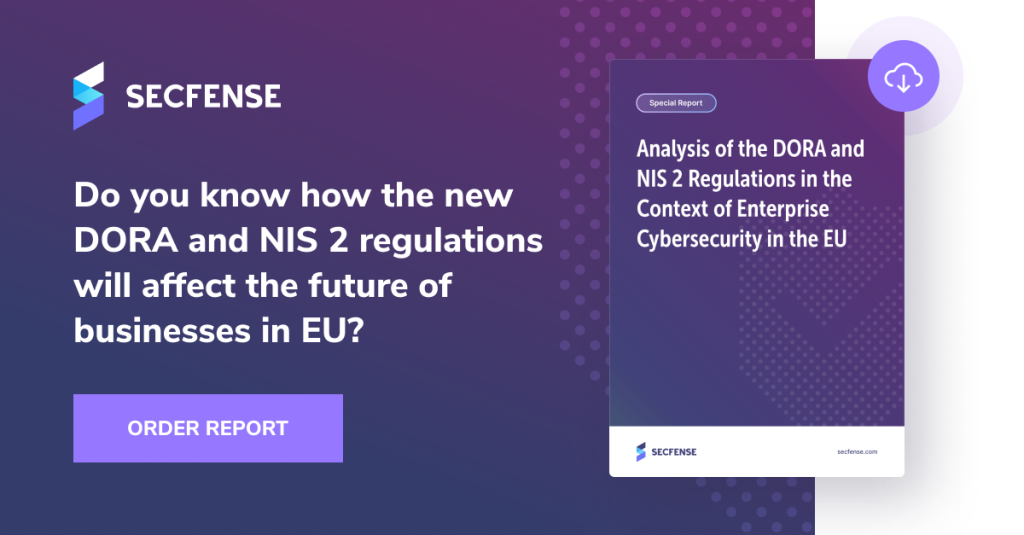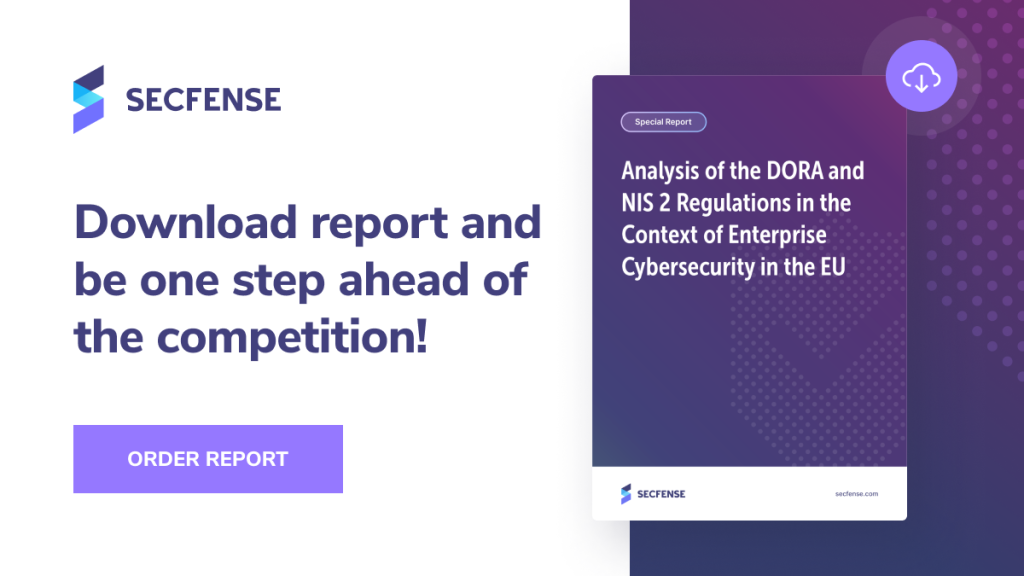If your company provides services to the financial sector, you may be wondering: Do I need to be DORA compliant? The short answer is yes, especially if you provide IT services or technology solutions that are critical to financial institutions in the European Union.
The Digital Operational Resilience Act (DORA) is a new EU regulation that focuses on ensuring the operational resilience of financial institutions. But it doesn’t stop at banks and insurance companies—it also applies to their third-party service providers, particularly ICT (Information and Communication Technology) providers.

What is DORA and Why Does It Matter?
DORA is designed to strengthen the operational resilience of the financial sector in the EU, making sure that institutions can withstand cyberattacks, system failures, or any type of disruption. It applies to financial institutions like banks, investment firms, and insurance companies, but also extends to third-party service providers. This includes companies offering cloud services, software solutions, IT infrastructure, and data analytics.
If your business is involved in delivering these kinds of services to financial institutions, DORA will likely impact you. The regulation requires strict compliance in areas like risk management, incident reporting, and security testing.

Are ICT Service Providers Required to Be DORA Compliant?
One of the key points of DORA is that it directly involves third-party service providers. According to the European Commission’s DORA proposal, critical ICT service providers are subject to direct oversight. This means that if your company provides crucial services to banks or other financial institutions, you’ll need to meet the compliance requirements.
Key Factors for DORA Compliance:
- If you offer cloud hosting, data processing, or any other ICT services to financial institutions in the EU, DORA applies.
- Even if your services are outsourced or subcontracted, you still need to ensure they meet DORA’s operational resilience standards.
- DORA requires companies to have strong incident response plans, regular testing of systems, and robust cybersecurity measures.
Failure to comply with DORA can result in penalties or even restrictions on your ability to serve financial institutions. The full implementation deadline is January 17, 2025, which means businesses need to start preparing now to ensure they meet the compliance requirements in time.
What Are the Penalties for Not Being DORA Compliant?
Non-compliance with DORA can have serious consequences. These range from fines to restrictions on offering services to financial institutions. If your company is identified as a critical service provider, regulators can impose strict oversight, ensuring that you meet the required operational resilience standards.
Exceptions to DORA Compliance: Are There Any?
There may be exceptions for smaller service providers or those whose services are not considered critical to the financial system. However, these cases are rare, and most companies involved in ICT services for financial entities will need to comply.
For businesses that provide non-technical or administrative services, DORA compliance may not be necessary. But if you’re unsure, it’s best to review the regulation in detail or speak to an expert.
How to Ensure Your Company is DORA Compliant
Start by reviewing your company’s operational resilience procedures, including risk management, incident response, and cybersecurity measures. If you’re an ICT service provider, pay special attention to the criticality of your services and the extent to which financial institutions rely on your infrastructure.
Steps to Take:
- Evaluate Your Risk Exposure: Identify the critical services you offer to financial institutions.
- Update Your Security Measures: Ensure that your security practices are in line with DORA’s requirements.
- Prepare Incident Response Plans: Make sure you have a clear process for responding to operational disruptions or cyberattacks.
- Conduct Regular Testing: Implement regular security testing to identify vulnerabilities in your systems.
- Collaborate with Financial Institutions: Ensure clear communication and alignment with your clients regarding DORA requirements.
For a more detailed look at how DORA affects your business, check out our special DORA and NIS2 report.
Need Help With DORA Compliance?
If you’re unsure whether your business needs to comply with DORA or how to get started with compliance, it’s a good idea to speak with an expert. Kasper, our DORA specialist, can help you assess your needs and develop a clear path to compliance.
Schedule a call today to ensure your company is ready for DORA and stays compliant before the January 2025 deadline.
With the upcoming regulatory changes, now is the time to take action. By ensuring compliance with DORA, your company will not only avoid potential penalties but also build trust with financial institutions, showing that your services are reliable and resilient in the face of operational risks.
